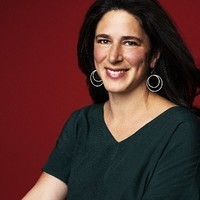The True Story of Lady Byron's Life
The most dreadful men to live with are those who thus alternate between angel and devil.
Not long before she died, Anne Isabella Noel Byron gave a wide-ranging interview to the author of Uncle Tom’s Cabin. Most notoriously, she accused her husband, Lord Byron, of carrying on a “secret adulterous intrigue” with his half-sister.
The Atlantic lost 15,000 subscribers in the months following publication of this article.








